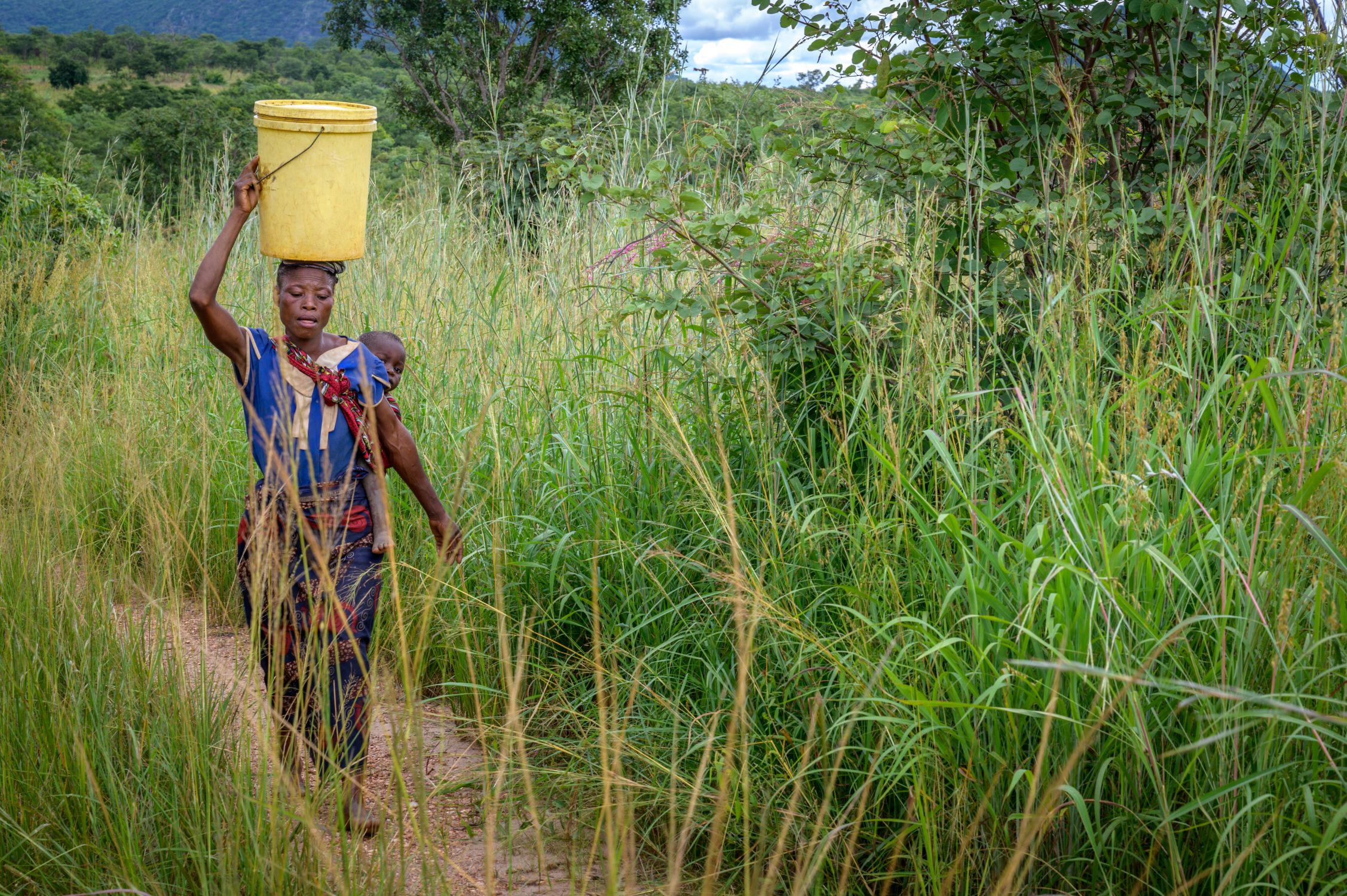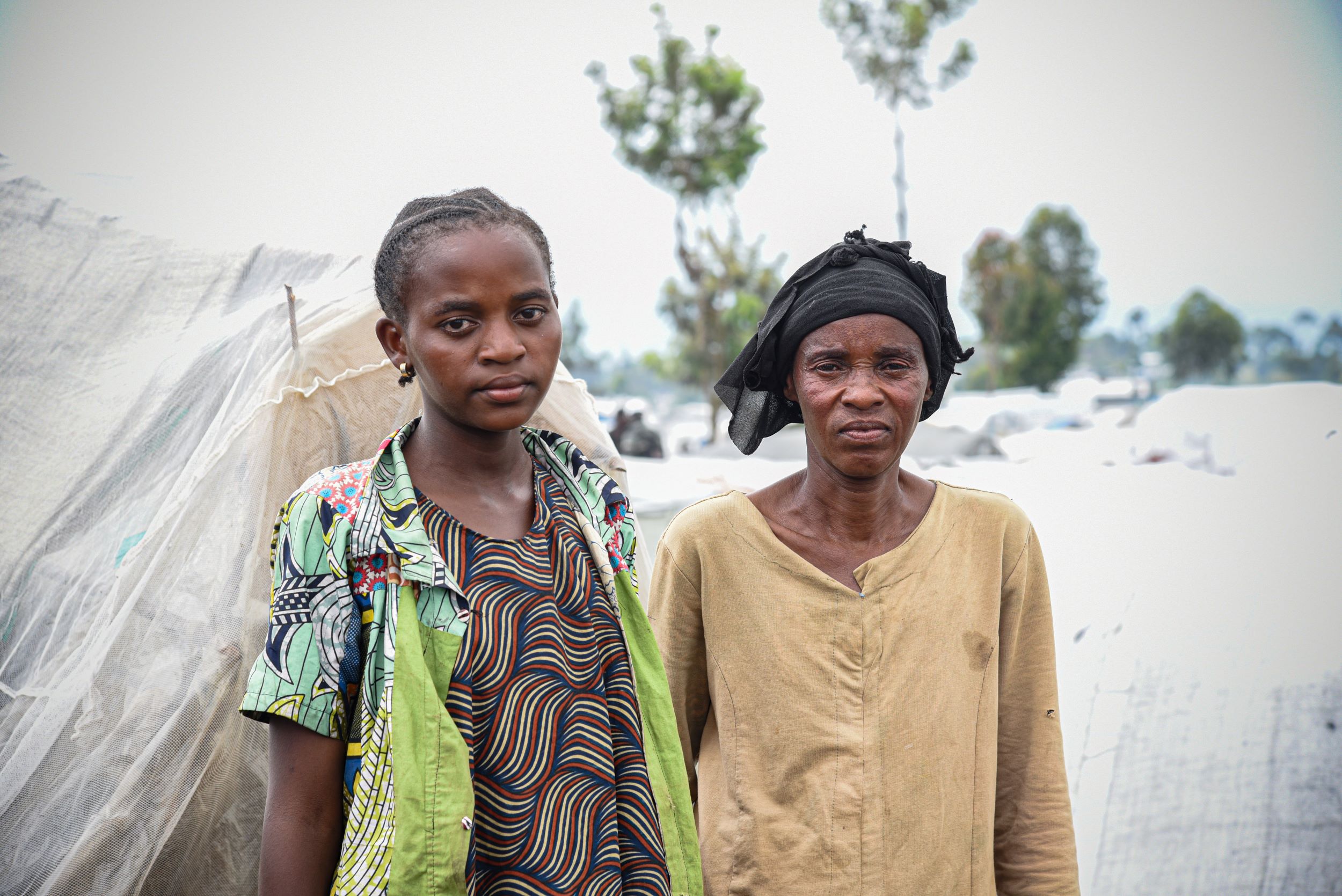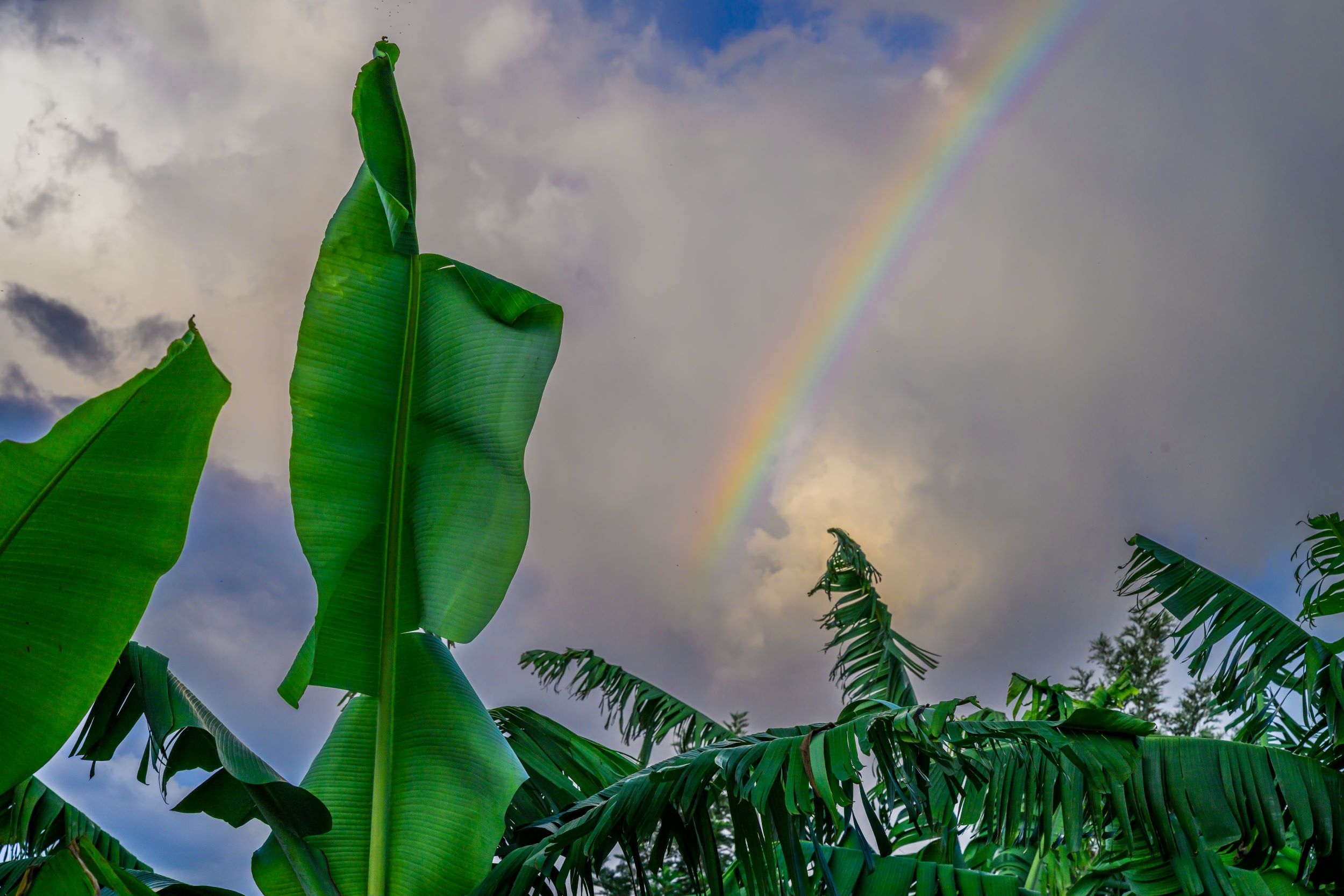
Rwanda genocide: 30 years on
What is Rwanda like 30 years since the horrific events that began in April 1994?
Remembering the lives lost during the genocide in Rwanda
It's been 30 years since the beginning of the genocide in Rwanda. An event that resulted in the brutal killing of hundreds of thousands of its citizens, the destruction of homes and communities, the decimation of families, and the displacement of millions. It's difficult to imagine any nation recovering from such an event.
Today, deep scars remain but Rwanda is making a recovery – showing the world that it is possible to rebuild, recover and hold onto peace.
What was the Rwanda genocide?
In April 1994, a genocide erupted in Rwanda, where over 800,000 people were killed during a 100-day period.
Rwanda has two ethnic groups: Hutus, who make up about 85% of the population, and Tutsi, in the minority.
The Tutsi monarchy was overthrown in 1959, resulting in tens of thousands fleeing to neighbouring countries. In 1990, a rebel group of exiled Tutsi known as the Rwandan Patriotic Front (RPF) invaded Rwanda. Fighting broke out, lasting until 1993 when a peace deal was agreed.
On 6 April 1994, the Hutu president’s plane was shot down, killing all on board. Hutu extremists blamed the RPF while the RPF blamed the Hutus, accusing them of shooting down the plane to excuse the ensuing genocide against the Tutsi.
The genocide in Rwanda saw neighbour turn against neighbour, family against family. Even husbands against wives. Some accounts say one million were brutally slaughtered.
The tragedy left many wondering how the people of Rwanda could ever overcome such hatred and horror – how could anyone forgive and move on having lost so much?
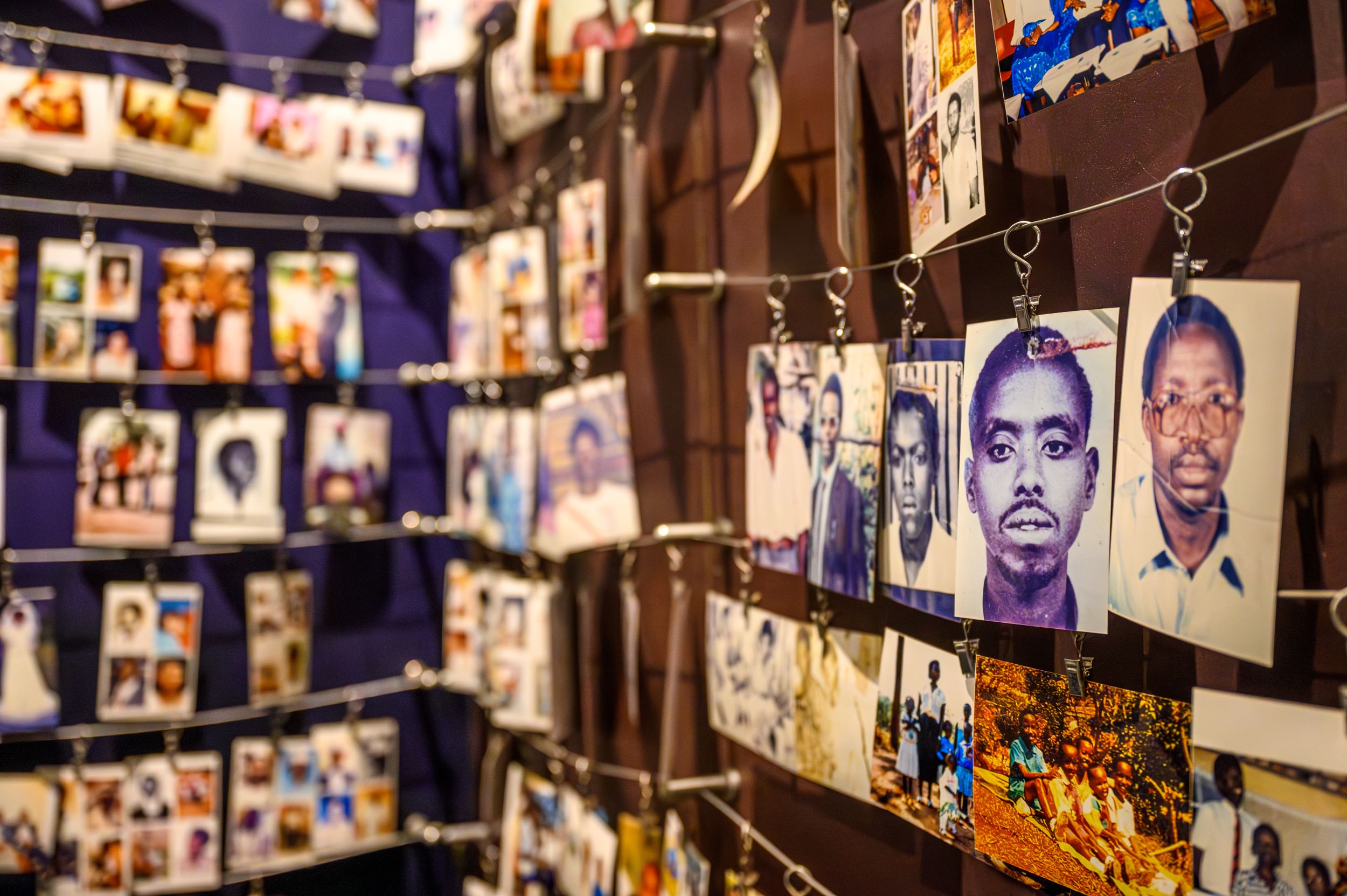
Since the Rwandan genocide
Despite the odds, Rwanda has made remarkable strides in the 30 years since the genocide, its people modelling resilience and determination. Rwanda’s journey of healing, reconciliation, and development stands as an inspiring testament to the unyielding spirit of Rwandan people.
In 2023, Rwanda celebrated the remarkable achievement of universal water coverage across the country.
To date, World Vision has helped serve 1.3 million people with clean water through our Rwanda Water, Sanitation, and Hygiene (WASH) Programme, as well as 446 schools and 110 healthcare facilities.
The beginning of World Vision Rwanda
World Vision’s work began soon after the bloodshed. Initially we were supporting the millions who fled, caring for unaccompanied children, and then helping people resettle upon return.
An estimated 100,000 children were separated from their parents during the violence. Children who had been deeply traumatised by what they had seen.
In 1996, we began reconciliation and peacebuilding work, and in 2000 we established more long-term child-focused work within communities.
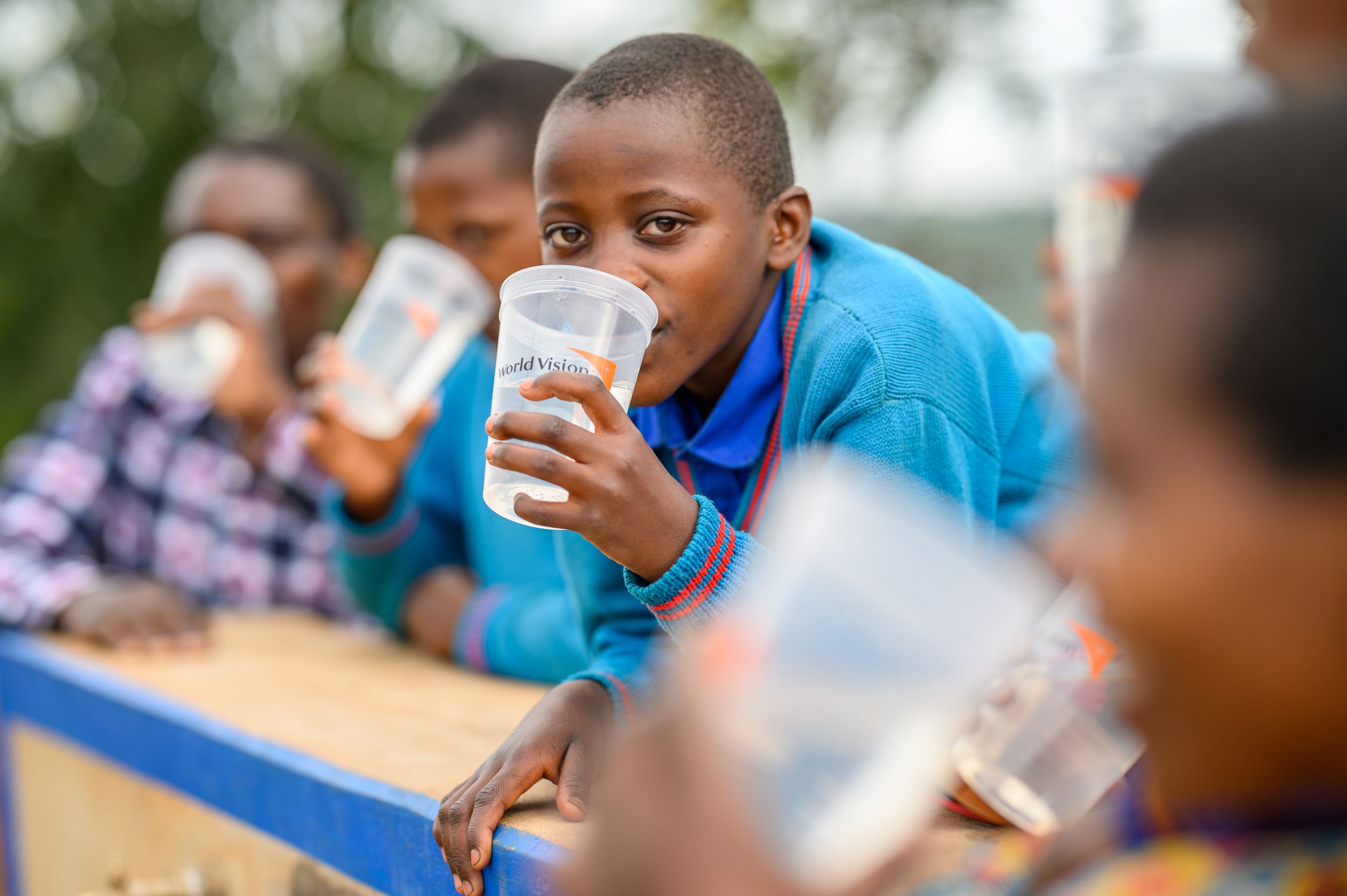
A story of reconciliation
Marcella's husband, Callixte, was part of a group that killed Madrine's father, mother, and five siblings – all Tutsi – during the genocide. Communities were divided in the aftermath of this horrific period. But as they began working on World Vision-supervised projects, people began to hear messages of reconciliation, including neighbours Madrine and Marcella.
“[Madrine] didn’t blame me,” says Marcella. “She didn’t look at me with the bad eye. But the hatred between our husbands kept us apart.”
The gulf between the couples also kept their children apart. “They wouldn’t let us mix. But we wanted to play with everyone,” says Manuel, Madrine’s son.
Madrine and Marcella became community volunteers. Working on projects together, focusing on sponsored children and learning about peace and forgiveness melted both women’s hearts.
“At first I hated her because of what her husband did,” says Madrine of Marcella. “After training and listening in church, I came back to my senses.”
Madrine began to take food to Marcella, taking on a maternal role with the younger woman, healing through helping.
Life after prison
While all of this was happening, Callixte was in prison. But while there he began to heal. “My husband changed a lot in prison,” says Marcella. “He is an artist. The songs he sang and performed affected him. He went through reconciliation workshops. At the end he felt, ‘What happened happened. I need to live a new life.’”
In 2007, Callixte was released from prison and returned to the village, where he became Andrew and Madrine's neighbour once more.
With their families involved in World Vision programmes that emphasised reconciliation, the stage was set for their reunification. It took some time for the two husbands to reconcile, but in 2010, after a particularly moving sermon in their church the two decided to talk. Since that time they have been close, even visiting other genocide perpetrators in prisons, talking with them and showing that forgiveness is possible.
“It has set us free, me and him,” says Andrew. “It has set our families free.”
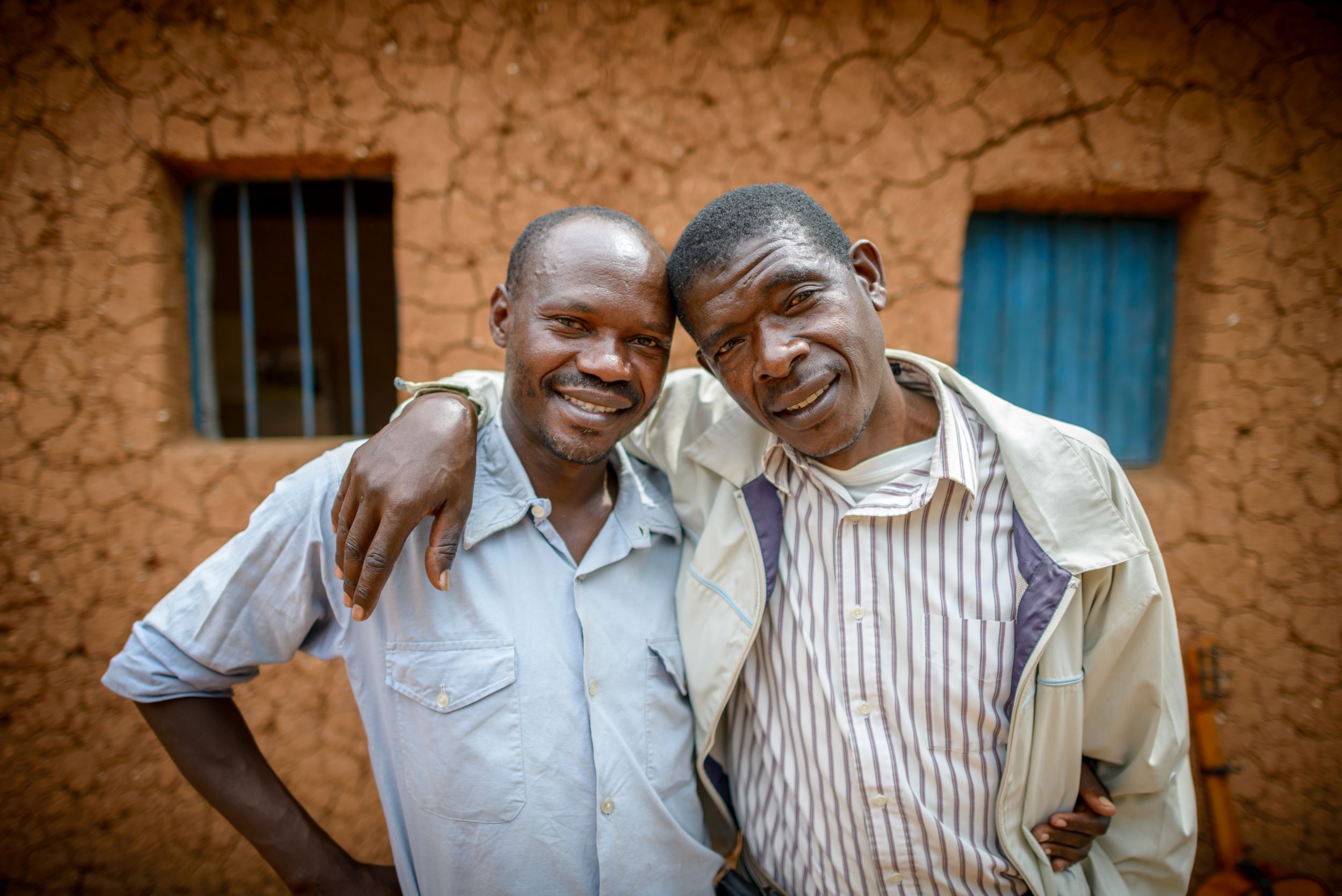
World Vision’s work in Rwanda
Today, World Vision's work includes both long-term and emergency response.
Almost 600,000 children in Rwanda were reached through our long-term Child Sponsorship programmes in 2023, meaning they and their communities were given the tools to break free from the cycle of poverty. When flash flooding and landslides hit in May 2023, World Vision was there to help families recover and rebuild.
Altogether, communities receive support with health and nutrition, education, water and sanitation, income generating activities, child protection, and training in climate-smart agriculture.
The difference Child Sponsorship makes in Rwanda
Child Sponsorship is making all the difference to children like Promise, seven.
Promise lives in northern Rwanda with her mum, Clementine, and her siblings. Through World Vision supporters, Clementine received cash to generate an income. She bought sheep, which she breeds and sells, while the manure is good for her kitchen garden.
Clementine can now provide her family with nutritious food, keeping Promise and her siblings healthy and strong.
“I am forever grateful for this opportunity that has tremendously impacted my family’s life. I thank and pray for World Vision always,” says Clementine.
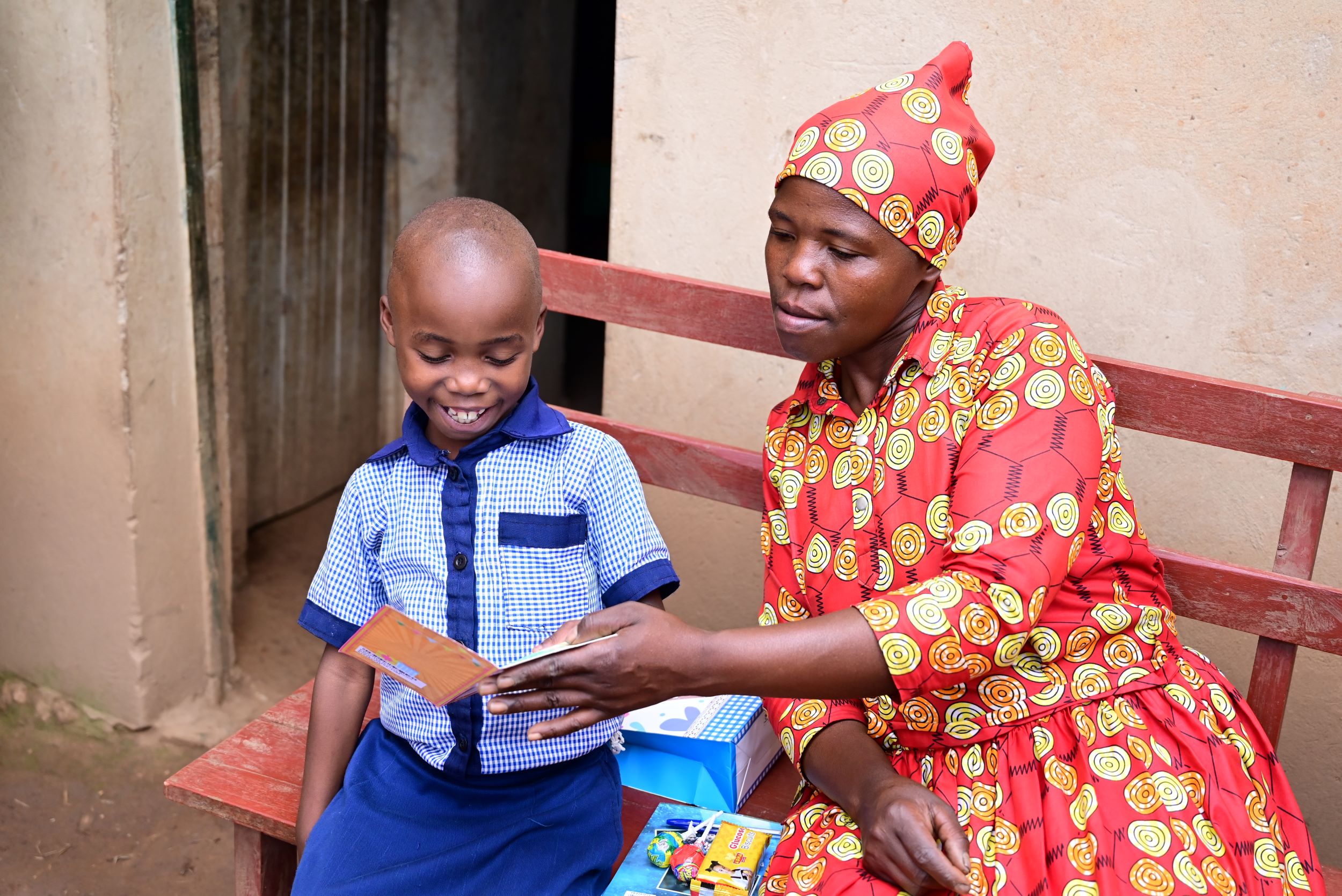
Getting a better chance
“We are so happy and grateful to Promise’s sponsor,” says Clementine. “I am so happy that today, you have given Promise gifts like books, pens, among others. I am also overjoyed that you have celebrated her birthday – something we never do here in the village.”
Clementine continues, “It is of great value to have Promise as one of the World Vision [sponsored] children because it has offered an opportunity for her to study with no challenge. She gets all the scholastic materials she needs hence performing well academically.”
Because of Child Sponsorship, Promise – and her siblings – have a better chance of staying healthy, growing strong and finishing school.
READ MORE: How Child Sponsorship works
Working to make a long-lasting difference
World Vision works in some of the hardest places to be a child and sponsored children are from the most vulnerable families.
Many of those we work with have been impacted by conflict, climate change and disaster. Significant numbers have lost their homes and communities to war and conflict. They cannot even imagine a time of peace and reconciliation. Or ever again having enough to eat.
The people of Rwanda would have once felt the same, but now things are so different. This encourages us that all children – wherever they are – can have hope and a future.
Sign up below to receive emails and learn more about how World Vision’s work is making a difference in children’s lives.

